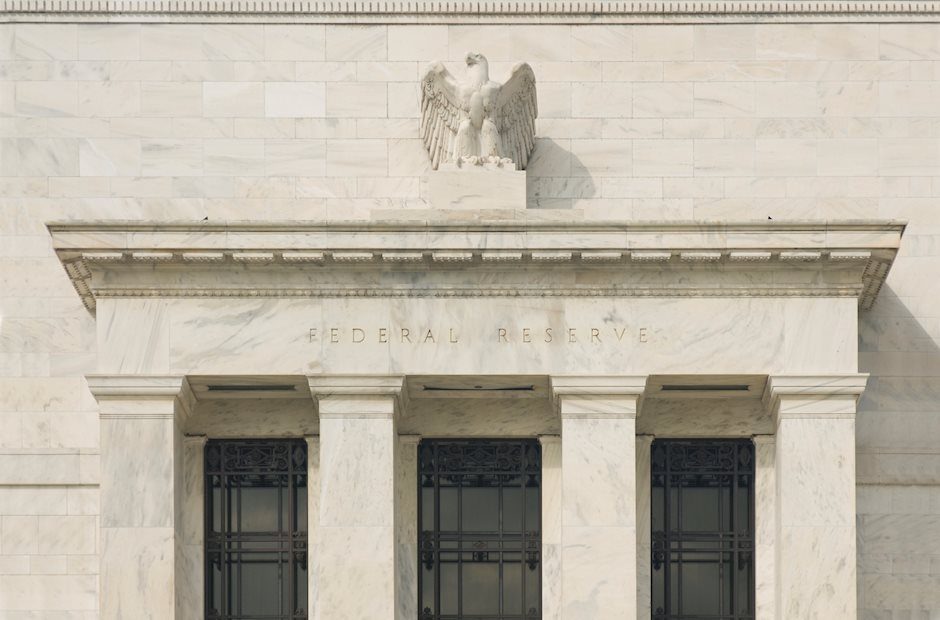The Federal Reserve: Secretly Sticking It to Americans for Over 100 Years

In the aftermath of the 2008 Financial Crisis, the private Federal Reserve bank cartel was front and center as a target for public outrage.
Former U.S. Congressman Ron Paul’s "End the Fed" message suddenly resonated. Americans hated Fed officials bailing out the banksters – richly rewarding them for crooked and irresponsible behavior which helped create the crisis.
But years have passed. Americans have been enjoying the expansion stage of the next great bubble. The central planners at the Fed and their colleagues at the nation’s largest banks have been busy stimulating the real estate, equity, and bond markets.
The movement to audit or end the Fed has faded back into obscurity.
That is why an article published last week in the Wall Street Journal came as a bit of a surprise. The headline is "We’ll Never Know How Bad the Federal Reserve Is," and it serves as a reminder for those who may have forgotten the Fed is NOT your friend.
The article outlines the central bank’s policy for keeping secrets. As the primary regulator for U.S. banks, the Fed is responsible for examining banks and writing reports on what it finds.
However, those reports are not for public consumption. They are exempt from the Freedom of Information Act. Instead, they are kept in a file for 30 years, then destroyed.
Examiners might be investigating the errors and sins committed by a bank, but the public never gets to make their own evaluation. We cannot gauge either how thorough the investigation was or whether any penalties are commensurate with the crimes.
The reason for such secrecy is obvious. The Federal Reserve was designed and built to make sure neither its officials nor private bankers are held publicly accountable.
Time and again, America’s latest central bank has provided bailouts for Wall Street, with Main Street footing the bill. Not a single high-level bank executive has been prosecuted for the rampant and pervasive fraud associated with the 2008 crisis.
The big banks have prospered, growing larger and even more "systemically important," a term which means "too big to fail." As a regulator, the Fed is remarkable for its staggering ineptitude or for its total corruption. You decide which.
Meanwhile, politicians in Washington DC have been able to accelerate the growth of government spending, facilitated by the central bank in myriad ways.
Of course, the central bankers will tell us that secrecy is important for "maintaining independence" and "security" of the markets. These claims that there is a legitimate need for secrecy would be slightly more credible if it were for a limited time.
That is not the case however. The Fed is, in many regards, a virtual black box which shall remain closed for all time, at least if officials continue to have their way.
The most "interesting" works of the Wall Street elites in power there will never be published or examined. It is considered vital the public never knows about certain activities.
There is only one reason for that level of secrecy: We might object.
The fervor with which Fed officials oppose any attempt to bring more transparency and accountability is something Americans might now find familiar.
The central bank is another arm of the Deep State, much like the FBI and intelligence agencies.
We have learned a lot recently about what happens when entire bureaucracies operate in the dark and stop concerning themselves with the rule of law.
Senator Rand Paul is continuing his father’s effort to audit the Fed. Let us hope the developing outrage with the Deep State expands to include the central bankers.
To receive free commentary and analysis on the gold and silver markets, click here to be added to the Money Metals news service.
Author

Clint Siegner
Money Metals Exchange
Clint Siegner is a Director at Money Metals Exchange, the national precious metals company named 2015 "Dealer of the Year" in the United States by an independent global ratings group.

















